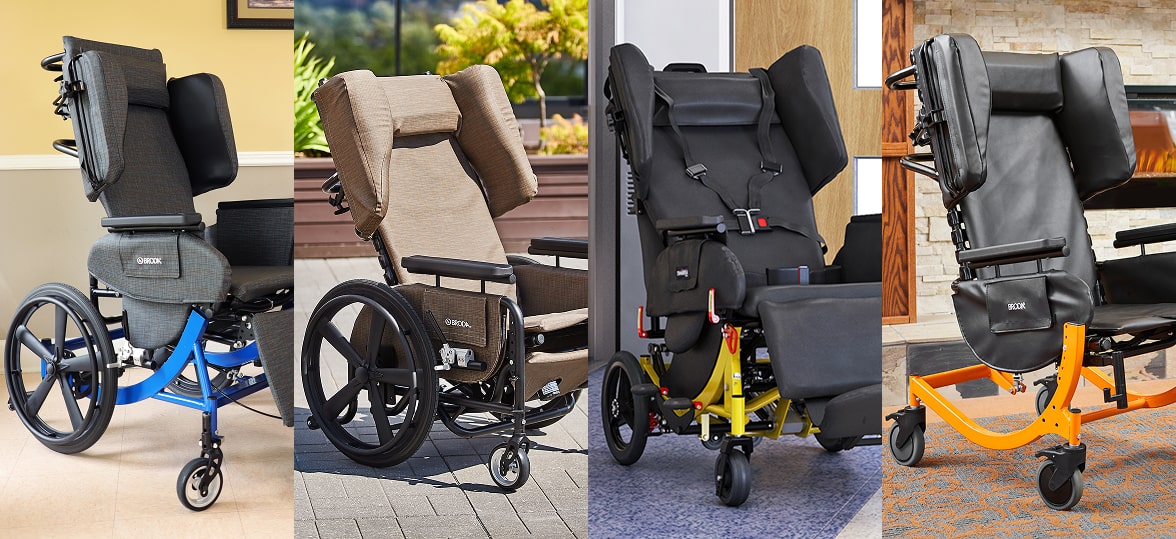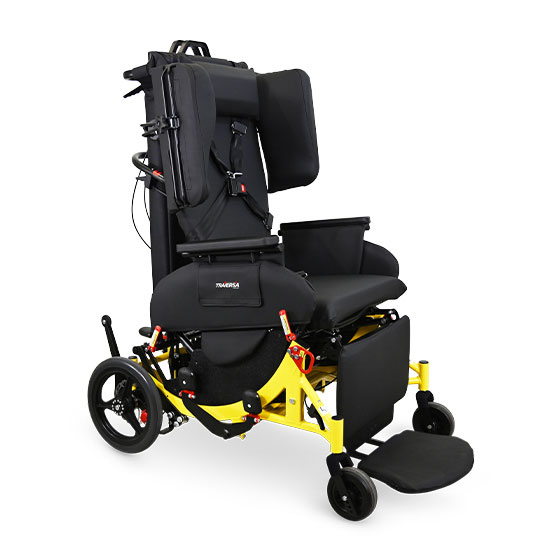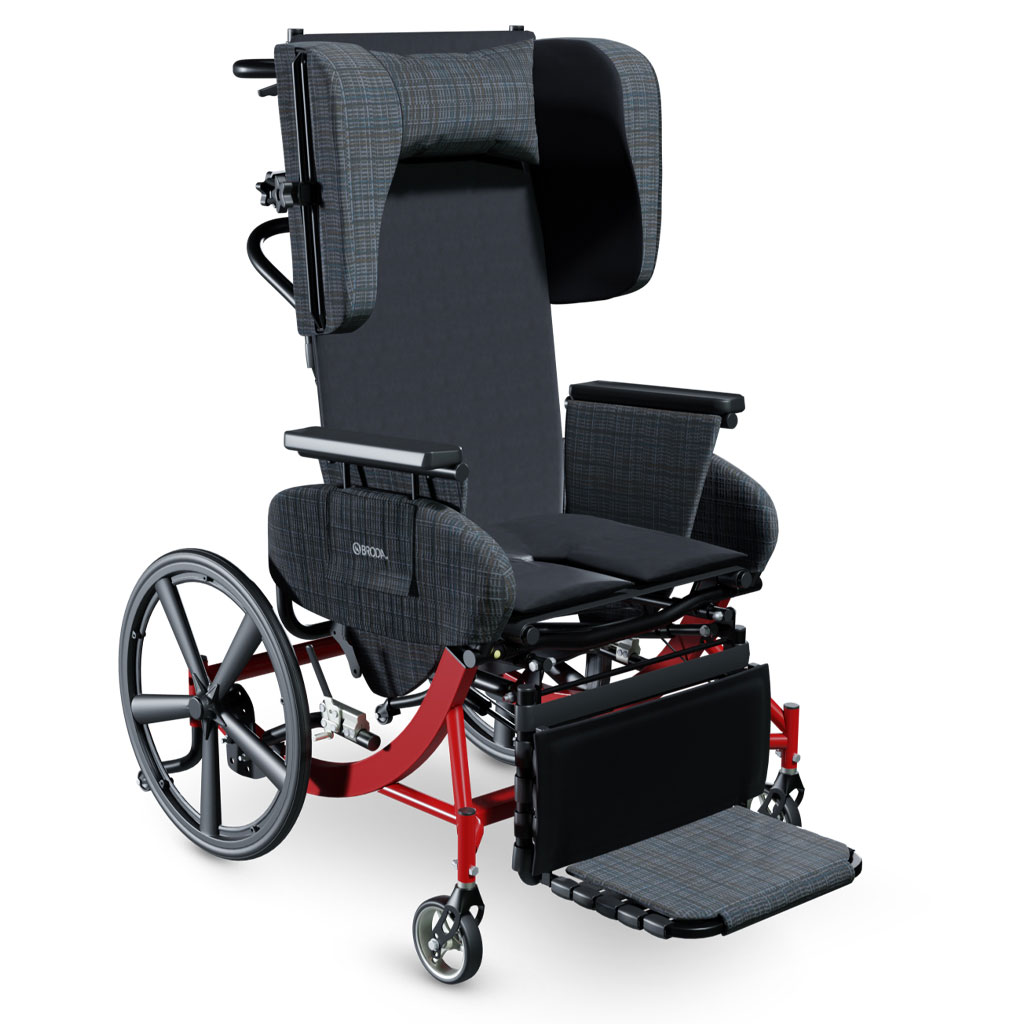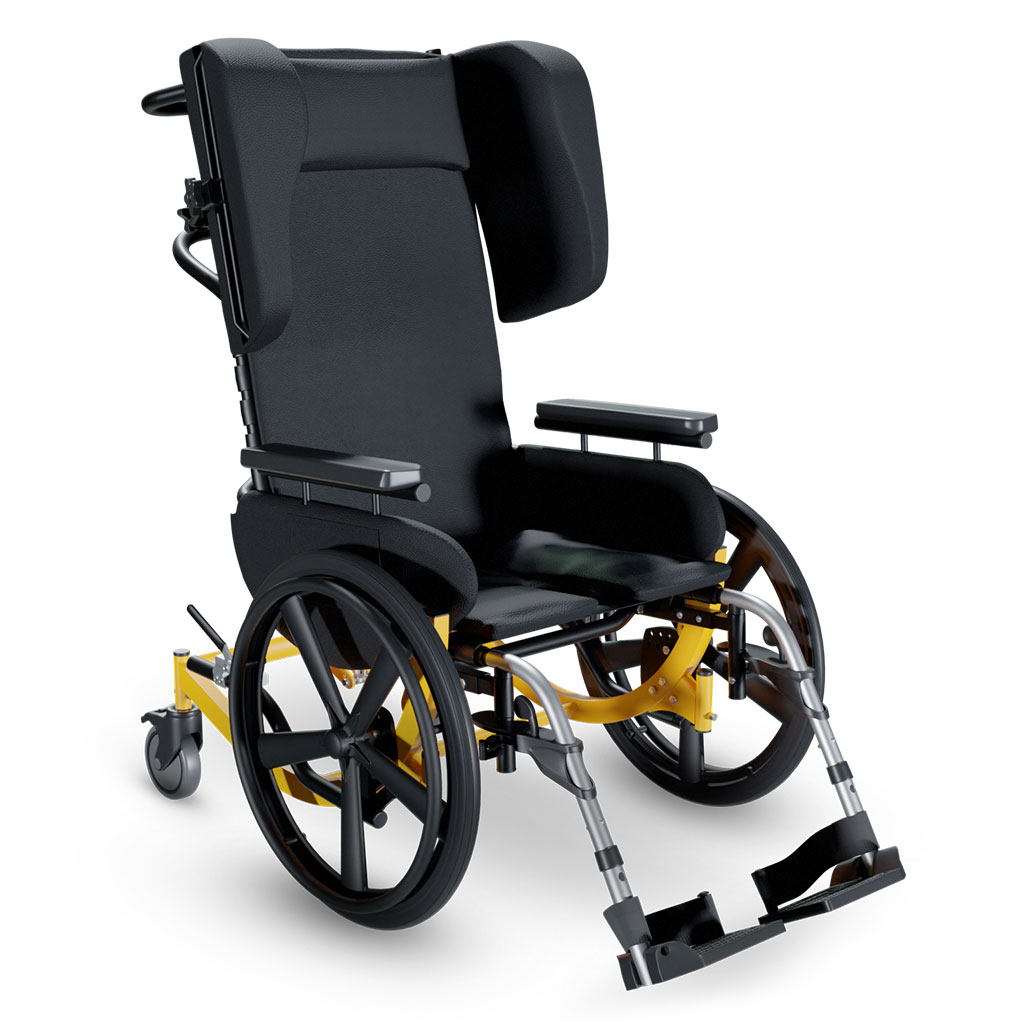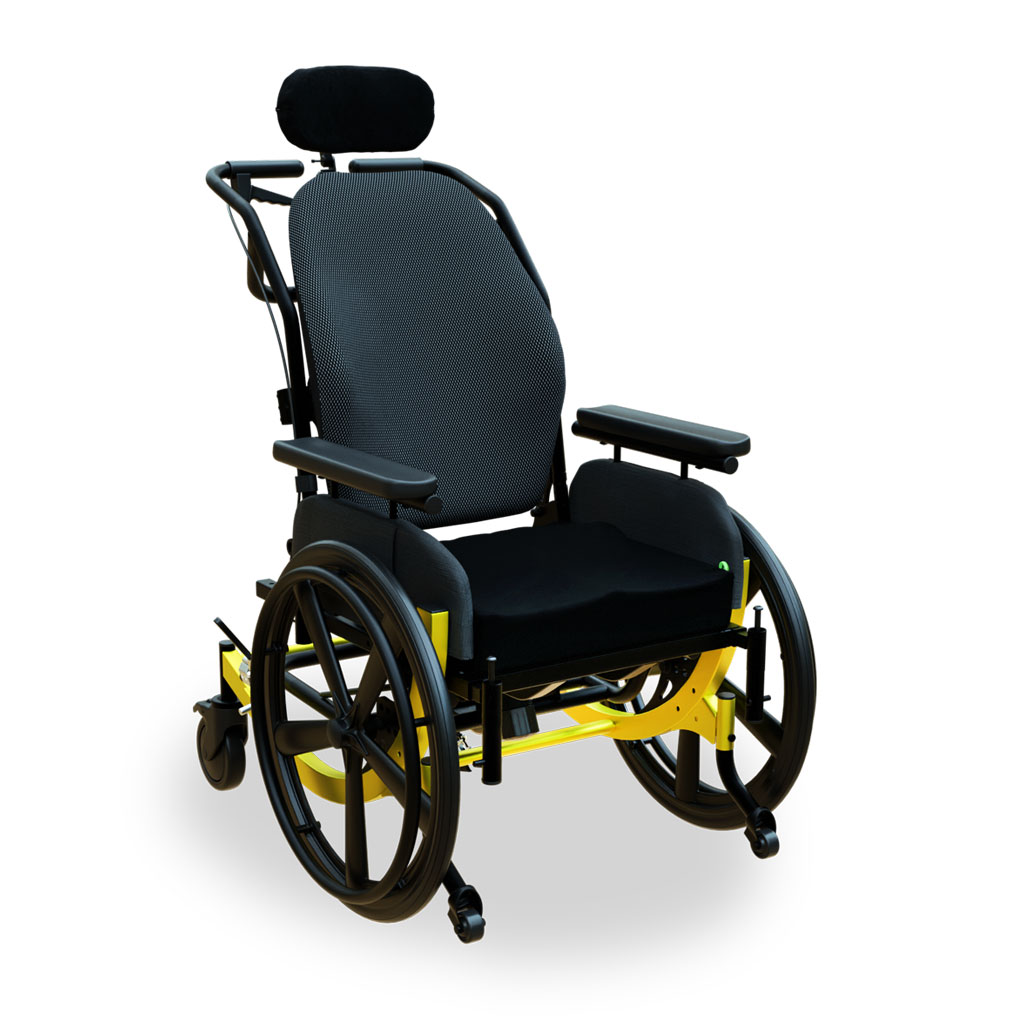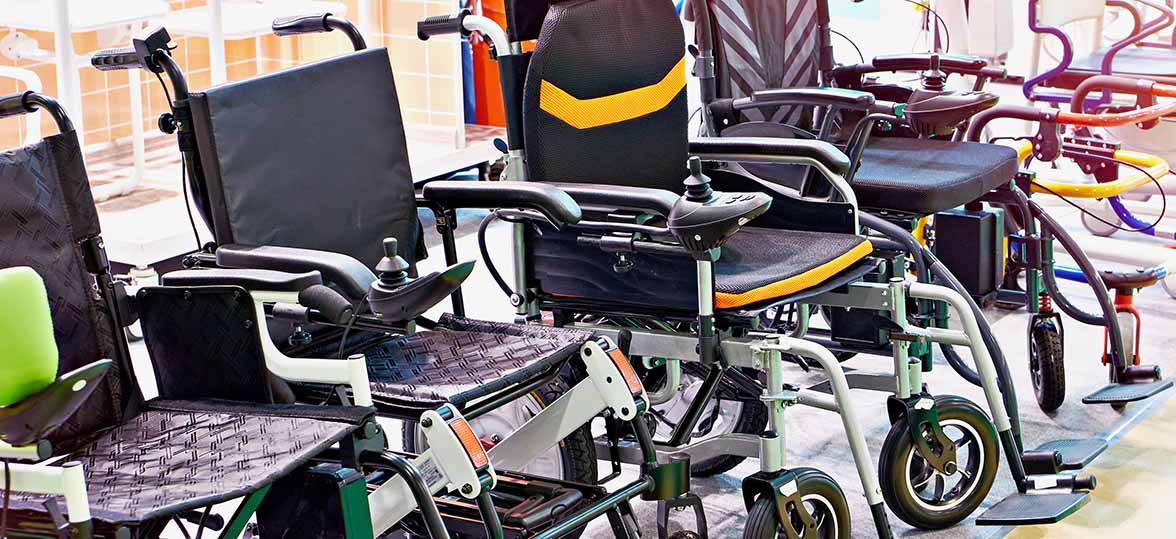The number of wheelchair users in the US is approximately 3.3 million, each of them with unique physical needs.
For every one of these individuals, choosing the right wheelchair is an important personal decision that can profoundly impact both their own quality of life and their caregivers’.
Individuals who rely on wheelchairs for their daily mobility are faced with weighing short-term cost savings against the long-term value of a high-quality, customized wheelchair’s unique features.
Without safe, durable medical equipment, routine activities can become difficult, frustrating, and even dangerous, while the right mobility choice can lead to comfort, confidence, and a sense of ongoing independence.
We’ll discuss what separates a high-quality customized wheelchair’s unique features from standard models and explore the comprehensive benefits that make made-to-order wheelchairs a transformative investment in health, comfort, and independence.
What Defines a Customized Wheelchair?
Customized wheelchairs are designed for numerous specialized purposes. They are precisely engineered and configured to meet an individual’s specific physical, functional, and environmental needs.
This can mean custom sizes and accessories for providing support and comfort to one’s hip width, seat depth, back height, leg length, muscle tone, and pressure injury risk.
A medical care team will help an individual choose wheelchair components that function as an extension of the user’s body rather than a generic mobility solution. These care teams may include physicians, physical and occupational therapists, and Assistive Technology Professionals (ATPs).

Medicare allows custom wheelchairs to be defined as individually configured products, or classified as complex rehabilitation technology (CRT), for those with advanced complex medical conditions, including, but not limited to:
- Spinal cord injury
- Cerebral palsy
- Multiple sclerosis
- ALS
Meeting the requirements for CRT requires coordination with Medicare and calls for clinical evaluation and multidisciplinary decision-making to accommodate an individual’s medical, functional, and lifestyle requirements.
Customization can include precision-fitted seating systems with specialized pressure-relieving cushions and seating systems, made from materials like polymer straps, gels, air cells, and advanced foams. Additional features like tilt, recline, and seat elevation offer weight redistribution and postural adjustments for those who cannot safely or easily shift their own weight.
Manual custom wheelchairs optimize propulsion biomechanics through precise seat-to-floor height, axle positioning, and wheel camber adjustments to minimize strain and maximize efficiency.
Wheelchairs can be an extension of the user’s personalization and clinical integration as therapeutic tools that support positive health outcomes and prevent secondary complications like:
- Pressure injuries
- Postural abnormalities
- Repetitive strain injuries
8 Benefits of a High-Quality Wheelchair Like Broda
Quality wheelchairs are designed to address the complex and varied needs of individuals who require long-term mobility support. The following are eight important benefits of thoughtfully crafted wheelchairs.
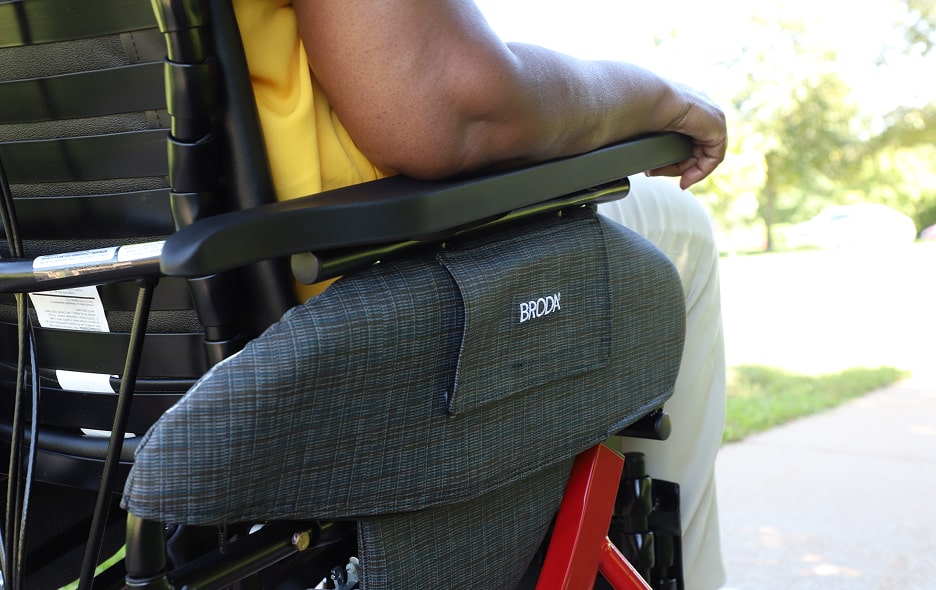
1. Improved Pressure Relief
Specialized cushioning materials, like Broda’s Comfort Tension Seating® system, help redistribute pressure away from bony prominences like the tailbone, hips, heels, elbows, and shoulder blades.
Precision fitting ensures even pressure distribution across the seating surface, providing vital relief for those with paralysis or cognitive impairment.
2. Enhanced Postural Support and Spinal Alignment
Proper postural support is critical for maintaining healthy breathing, digestion, circulation, and long-term musculoskeletal function.
Adjustable backrests, lateral supports, and pelvic positioning belts help prevent chronic pain and headaches, support respiratory function, and enhance comfort and physical health.
3. Comfort for All-Day or Long-Term Use
A specialized design addresses the importance of comfort for long-term care seating. Ergonomic armrest positioning, adjustable footrest angles, and customizable seat sizes help eliminate pressure points, reduce fatigue, and pain that develop during extended sitting.
Features like, breathable materials, seat tilt, and immersive seating surfaces minimize accumulated stress and micro-trauma, promoting better physical endurance and overall well-being.
4. Greater Mobility and Transfer Support
Well-designed wheelchairs enhance an individual’s independence and quality of life with thoughtfully engineered features like adjustable seat angles and advanced repositioning.
For transport, removable armrests, swing-away footrests, and adjustable seat heights facilitate independent movement to beds, cars, and toilet facilities.
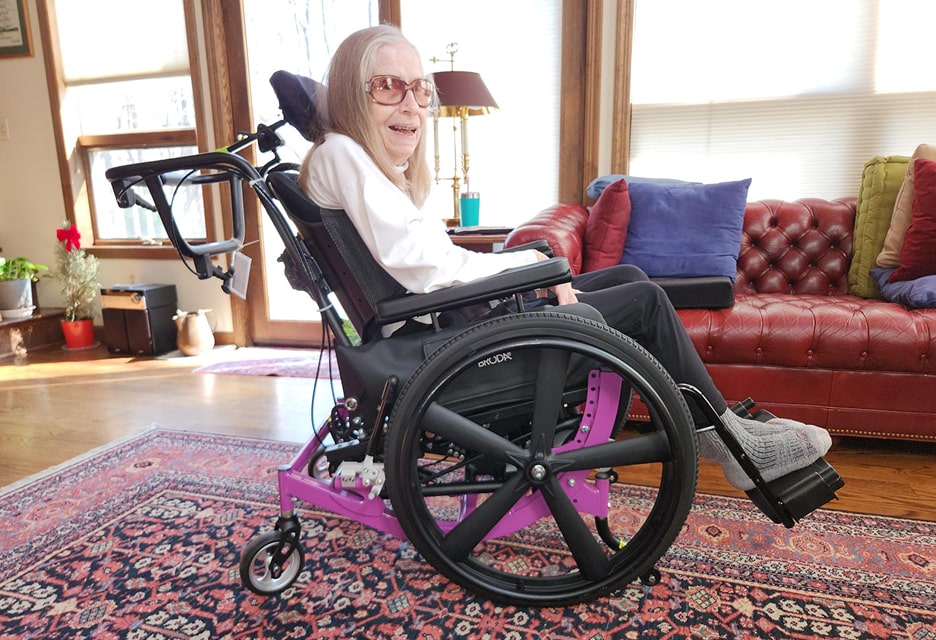
5. Ease of Use for Caregivers and Clinicians
Thoughtful wheelchair design helps reduce the physical demands on healthcare staff and caregivers. Easy-release mechanisms provide quick cushion removal for cleaning and adjustment without the need for tools. Tilt, recline, and elevation enable safe positioning without physical strain.
These types of features help reduce the risk of caregiver injury while improving workflow efficiency.
6. Long-Term Durability and Value
Quality wheelchairs deliver long-term value. Commercial-grade materials, heavy-duty casters, and corrosion-resistant components last through years of intensive use.
Modular designs extend equipment life and protect investments as user needs evolve., Choosing a well-made wheelchair also comes with the benefits of low maintenance requirements, longer replacement cycles, and fewer user complications.
7. Support for Quality of Life and Dignity
Users can enjoy a greater sense of taking part in community activities and personal expression with front-pivot seat tilt that facilitates eye-level conversations and custom personalization options.
Comfortable, properly-fitting equipment with smooth, quiet operation helps individuals feel confident in any care settings.
8. Reduced Caregiver Strain
Wheelchairs that incorporate ergonomic design principles reduce lifting forces and prevent awkward postures and repetitive motions that can lead to caregiver back injuries, shoulder strain, and repetitive stress disorders.
What Makes Broda Different from Standard Wheelchairs?
With Broda, every detail is designed with excellence in mind. From materials to function, our wheelchairs are made for comfort, support, and long-term reliability.
Made in North America with Rigorous Quality Standards
Broda manufactures all wheelchairs in Kitchener, Ontario, using hand-built frames from raw materials, ensuring superior quality backed by comprehensive warranty support.
Transport models feature WC19 crash-testing certification. The Traversa Transport Wheelchair revolutionized NEMT services by replacing up to 90% of stretcher trips while improving passenger comfort and safety.
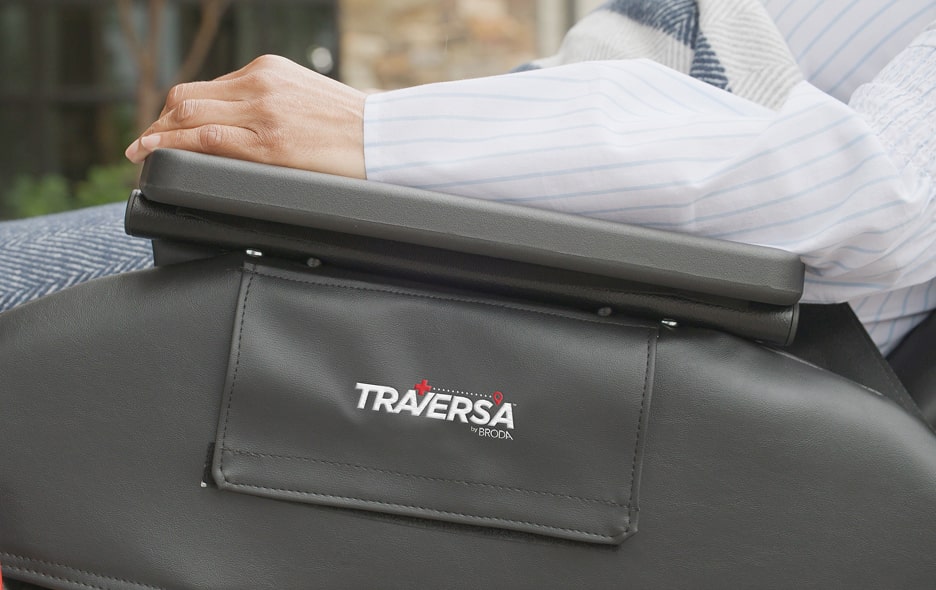
Engineered for Long-Term Comfort and Positive Clinical Outcomes
Broda wheelchairs are engineered to support pressure relief, posture correction, and caregiver ease. Our Comfort Tension Seating® system uses heavy-gauge polyvinyl chloride straps that mold to each user’s body, providing superior pressure distribution for sustained comfort.
Advanced Medical Positioning Capabilities
Broda positioning wheelchairs feature infinitely adjustable tilt-in-space and recline functions. These features go beyond comfort to redistribute pressure, improve lung expansion, enhance blood flow, and reduce aspiration risk.
Comprehensive Product Line for Diverse Needs
Broda offers six distinct wheelchair categories:
- Positioning wheelchairs with advanced clinical positioning
- Transport wheelchairs with WC19 crash-testing certification
- Pedal wheelchairs enabling self-propulsion with hands or feet
- Bariatric wheelchairs supporting up to 600-800 lbs
- Rehabilitation wheelchairs compatible with Medicare HCPCS code E1161 and Matrx® Seating Series
- Shower commode wheelchairs with rust-resistant, powder-coated stainless steel construction
Broda also offers ultra-comfortable locking glider chairs that provide safe, engaging, dynamic seating for healthcare, educational, and home settings.
Adjustability and Personalization
Broda models provide adjustability for in-field configuration (often without tools), including:*
- Adjustable back height
- Seat depth
- Foot and arm support
- Removable lateral supports
- Swing-away leg rests
- Variable seat-to-floor heights
*All adjustments are not available on every model. Please read product specifications carefully for the adjustments that apply to your chosen model.
Facilities can customize function and style through specialized padding packages. The Additional Positioning Padding (APP) and Slim Posture Padding (SPP) provide more cushion and immersion for enhanced comfort. Additionally, Broda offers the Huntington’s Special Padding (HSP) Package that provides supportive, protective cushioning for individuals with Huntington’s Disease.
Infection Control and Clinical Safety
Broda’s smooth, non-porous materials and fluid-resistant surfaces are easy to disinfect for shared clinical use, and the modular design lets individual components be removed for separate cleaning, providing the perfect balance of protecting vulnerable users while providing operational efficiency. The Acute Care Configuration (ACC) offers another level of protection. It creates a full vinyl wrap around the seat and back support, making cleaning and disinfection easier in hospital settings and beyond.
Superior Durability and Manufacturing Standards
Broda wheelchairs are built to last, backed by our industry-leading frame warranty and heavy-duty design. This means minimal maintenance and long-term use that pays for itself many times over.
